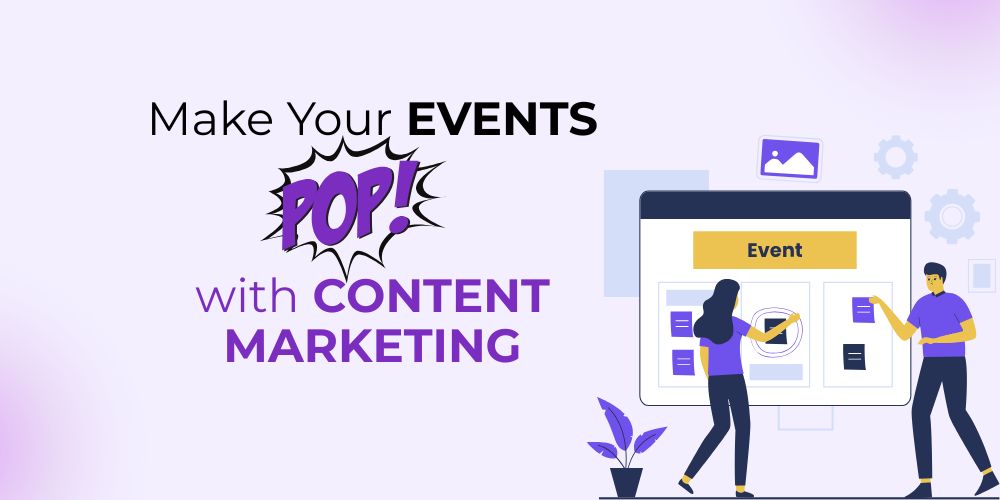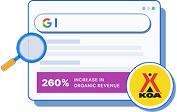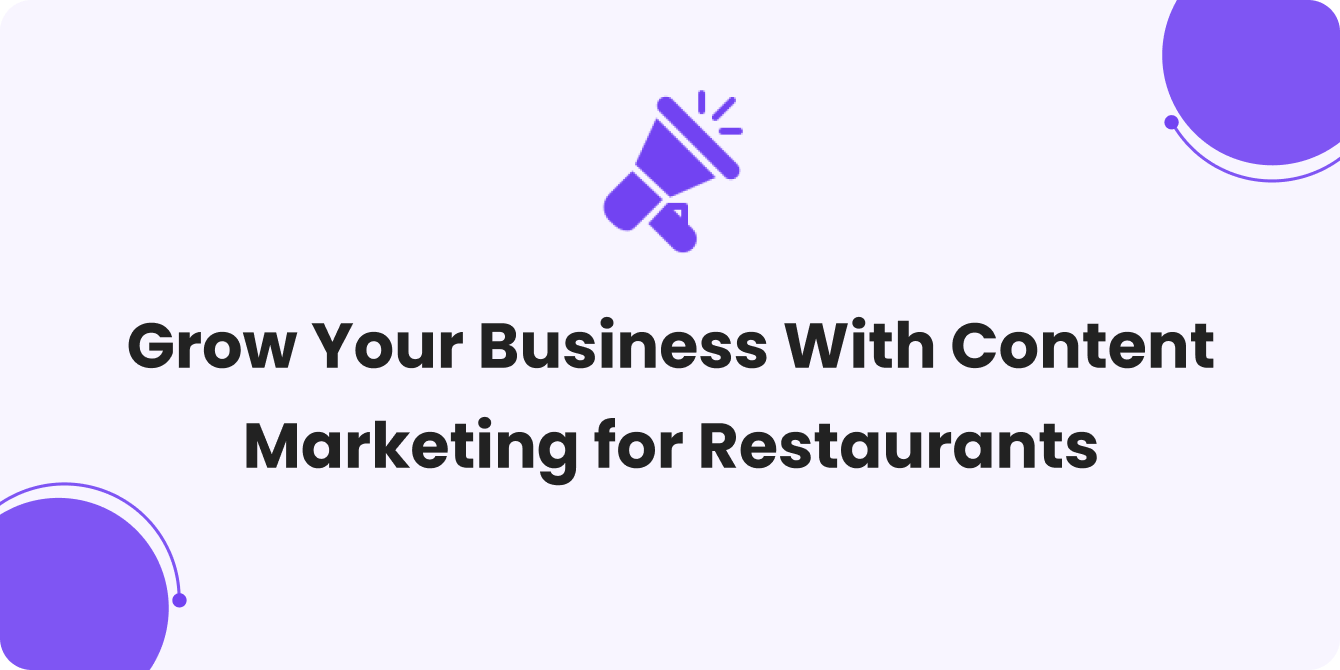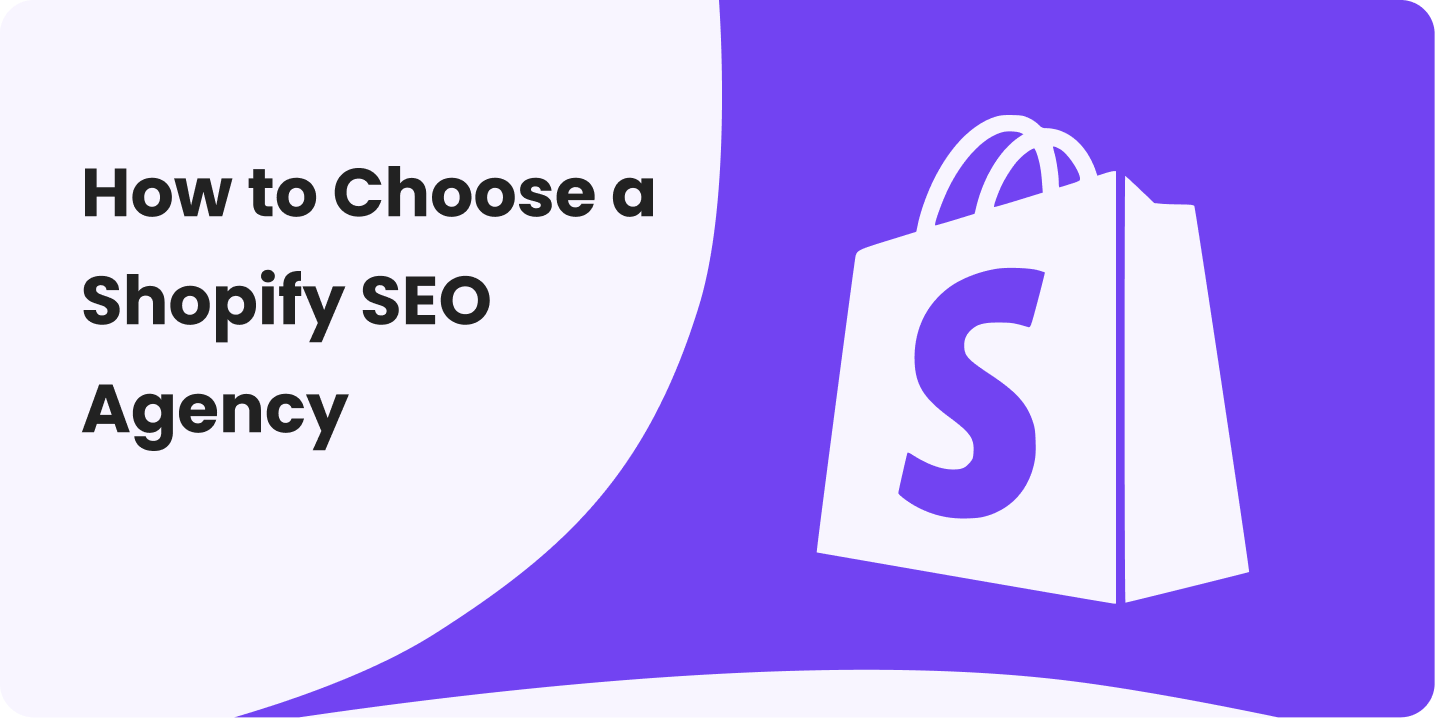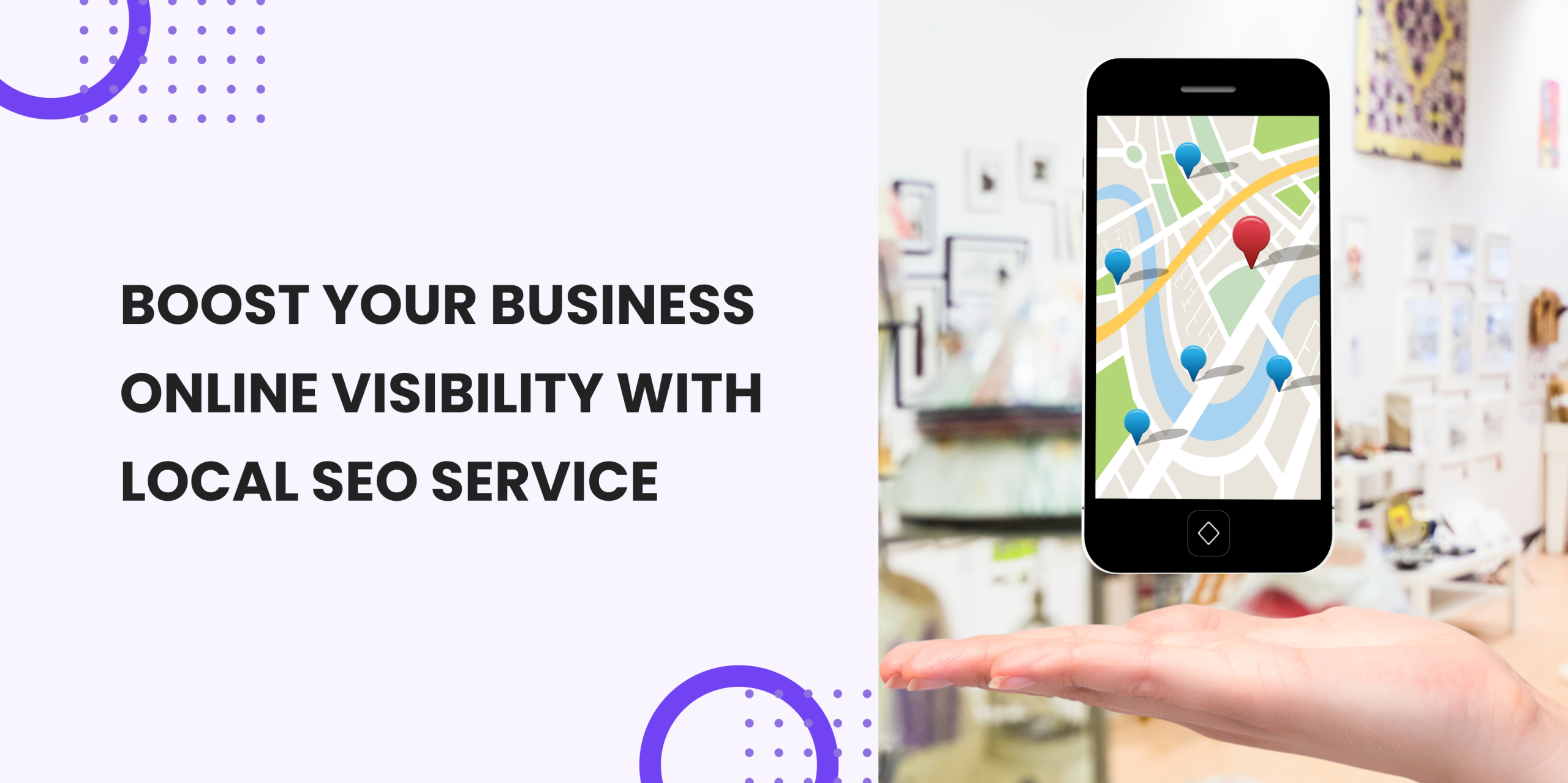If you think organizing an event is just setting dates, booking venues, or managing logistics, think again.
It’s actually all about creating an experience.
An event doesn’t begin when attendees walk through the doors, it begins the moment they hear about it.
There could be any event; a conference, a product launch, a webinar, or a large-scale industry expo, the success of any event hinges on how well it’s communicated, positioned, and anticipated.
This is where creating Content Marketing Strategies for Event becomes essential.
Content marketing for events is all about storytelling, community-building, and value creation. It involves crafting a compelling narrative that informs, excites, and persuades your target audience to engage.
From teaser videos and behind-the-scenes reels to blog posts, speaker interviews, social media countdowns, and post-event highlights, every piece of content should be designed with intent, leading your audience along a carefully plotted path toward conversion and participation.
But it’s not just frequency or reach that we are looking for but also relevance and resonance. Your content must speak to your audience’s needs, pain points, aspirations, and curiosities.
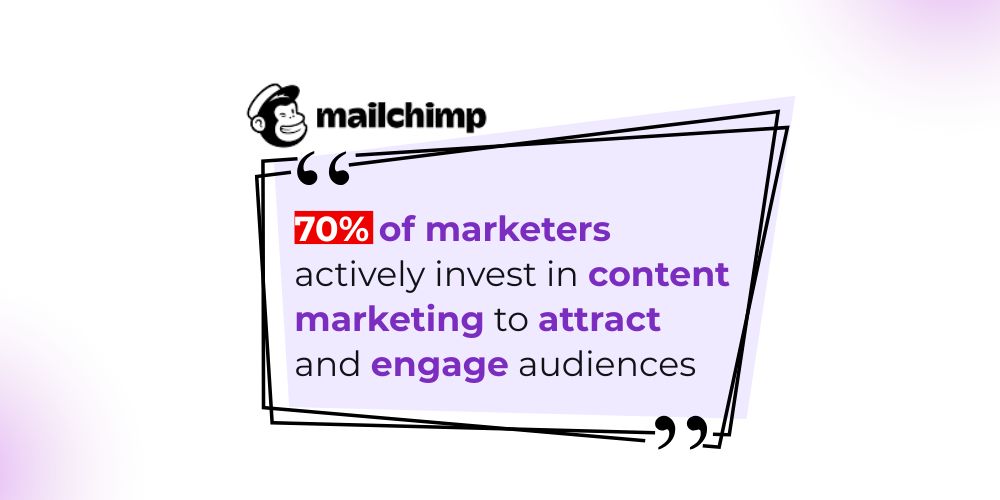
It must answer their unspoken questions: Why should I attend? What will I gain? Who else will be there?
Effective content marketing strategies address these questions subtly and powerfully, using various formats and platforms to engage different audience segments at different stages of the event journey.
In this article, we’ll dive deep into the most effective content marketing strategies for event success, covering everything from pre-event buzz generation to in-event engagement and post-event nurturing.
Top Content Marketing Strategies for Events
Understanding Your Audience
Every successful event starts with knowing your audience well. Without that understanding, even the most creative content can fall flat.
One of the most important content marketing strategies for event success is understanding exactly who you’re trying to reach and why they might care. That means going beyond just surface-level facts. Start with demographics, basic details like age, location, job role, and gender.
For instance, if you’re planning a fintech event, your audience may mostly be professionals between 30 to 50 years old living in cities.
But don’t stop there. Dig deeper into what your audience values, what interests them, and what drives their decisions. Are they early adopters of technology? Are they more focused on saving money, or are they passionate about creating social impact?
Looking at behavioral patterns can also give you helpful clues. Data from past events, such as who registered, what emails they opened, and how they interacted on social media, can help fine-tune your event marketing content ideas.
With this insight, you can build better, more personalized content marketing campaigns that match each group’s needs.
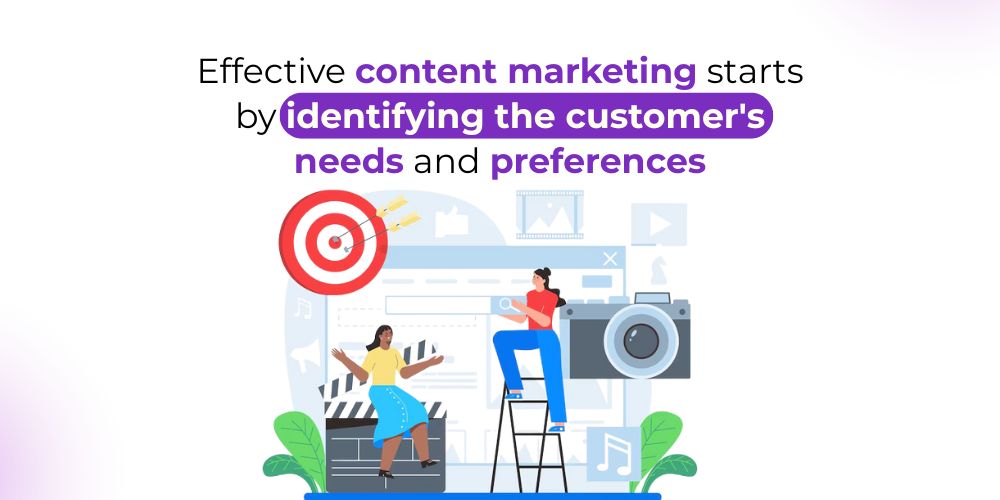
For example, first-time attendees might need simple guides or content that explains what to expect. People who have come before may be more interested in what’s new this year or what alumni benefits they can enjoy.
And VIPs or sponsors? They’ll appreciate behind-the-scenes previews or early access to networking events. This kind of personalized event content strategy helps you build better engagement through tailored messaging.
To make your digital marketing for events even more effective, tools like surveys, email marketing, and social listening can uncover what really matters to your audience.
The better you understand your audience, the more targeted and meaningful your content can become, whether it’s through social media event marketing, SEO for event promotion, or even paid media for event promotion. In the end, strong audience insight leads to better event promotion strategies, sharper targeting, and more impact from your content.
Setting Clear Event Goals and Objectives
The journey to creating a strong content marketing strategy for an event starts with setting clear, measurable goals.
These goals not only define your purpose but also shape your overall event marketing plan, from the kind of content you create to how you track success.
For instance, if you’re hosting a sustainability summit, your goal might be to boost awareness, which could translate into increased social shares, influencer mentions, and organic reach.
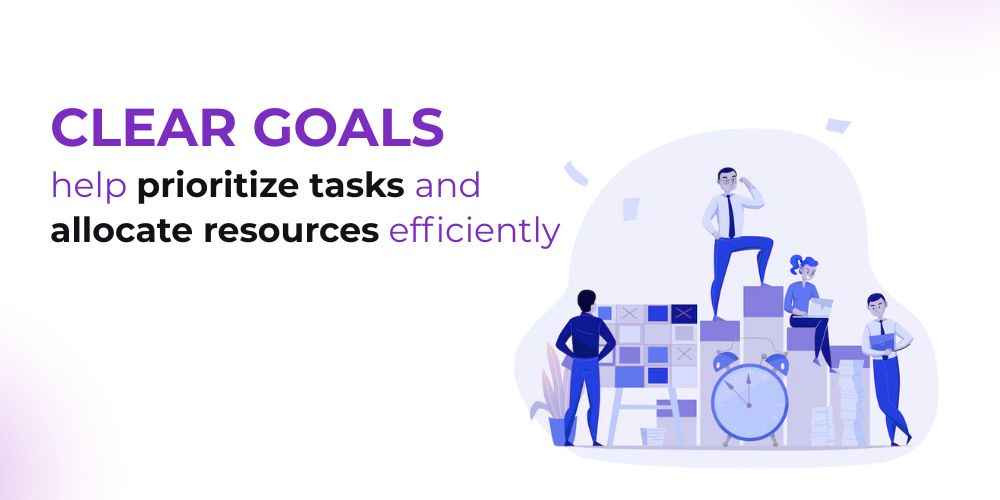
Blog posts can boost SEO for event promotion and increase visibility, while email campaigns are ideal for driving registrations and encouraging immediate action. Social media marketing for events, using polls, Q&As, or short videos, can help you spark conversations and grow engagement.
For a wider reach, paid media for event promotion and influencer marketing for events can attract the right audience quickly.
Don’t forget to tailor your approach based on your audience. A good event content strategy combines the right mix of content creation for events, influencer collaboration, and analytics for event promotion to measure what’s working.
Creating High-Quality and Engaging Content
When planning content marketing strategies for an event, focusing on quality and variety is key. Different types of content connect with people at different stages of their journey, from awareness to attendance.
A strong event content strategy should include blog posts, videos, social media updates, and infographics.
For example, writing blog posts that offer behind-the-scenes stories or interviews with speakers can boost visibility through SEO for event promotion and help with event promotion via blogs. Sharing speaker highlights, countdowns, and user-generated content across platforms supports a consistent social media event strategy.
Videos are especially powerful. Teasers, past event highlights, and Q&A sessions can serve as valuable video content for event promotion.
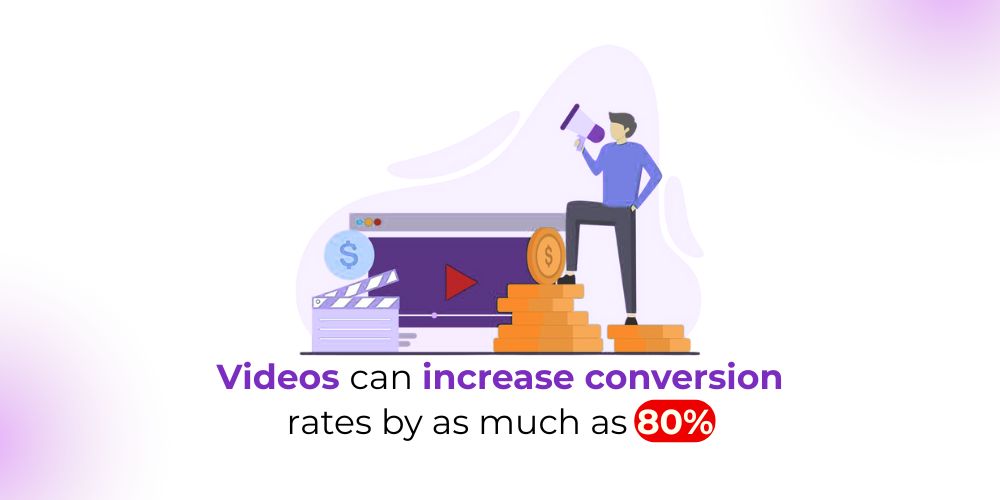
Infographics make it easier to understand any complex schedules or data, hence making it more shareable. Storytelling also plays a big role. Sharing real attendee stories or the journey of a keynote speaker can make your content more human and relatable, important elements in any digital marketing for events plan.
To create engaging content, keep messaging clear, visuals clean and branded, and always aim to tell a story. Whether through blogs, social media, or videos, each piece should deliver a clear takeaway.
Don’t forget to align with other tools like email marketing for events, paid media for event promotion, and influencer collaboration for events to boost your reach.
Finally, use analytics for event promotion to understand what works best and fine-tune your approach for future success.
Optimizing Content for SEO: Get Found Organically
One of the most effective content marketing strategies for event success is optimizing your content for SEO.
This helps people find your event organically through search engines. Start by researching and using relevant keywords naturally throughout your content.
Focus on the primary keyword, content marketing strategies for event, and include related terms like SEO for event promotion, event content strategy, and event promotion SEO tips.
Good on-page SEO practices include writing keyword-rich title tags and meta descriptions, using proper heading structures, and adding descriptive alt text for images. Maintaining a content calendar, regularly updating blogs, and building backlinks can also improve visibility over time.
Another vital part of content marketing for events is a strong social media presence. Platforms like Facebook, Instagram, LinkedIn, and Twitter/X each offer unique ways to connect with your audience.
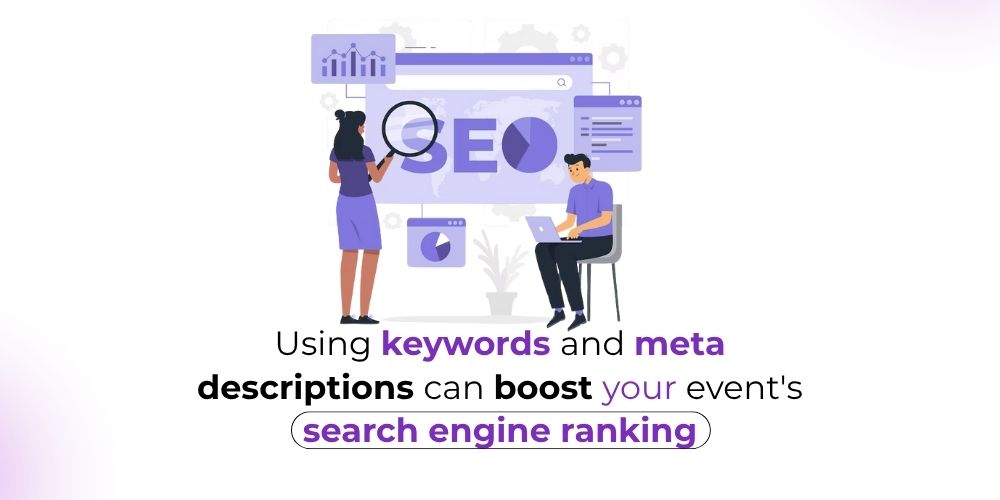
Share behind-the-scenes clips, run contests, or post engaging questions to encourage interaction. Use social media event marketing tools to run paid ads, promote early-bird offers, and retarget people who’ve already shown interest. You can also explore influencer marketing for events to tap into new networks.
Together with email marketing for events, video content, and blog promotions, these tactics form a powerful event marketing plan that boosts engagement, reach, and attendance.
Influencer and Partnership Marketing
Influencer collaboration plays a big role in effective content marketing strategies for events.
Influencers bring credibility and help reach the right audience, making them a valuable part of any event marketing content strategy. When choosing influencers, it’s more important to focus on relevance to your event niche than on how many followers they have.
Offer them real value, like early access, exclusive discounts, or even speaking opportunities at your event. You can also co-create engaging content, such as Instagram takeovers or live Q&A sessions.
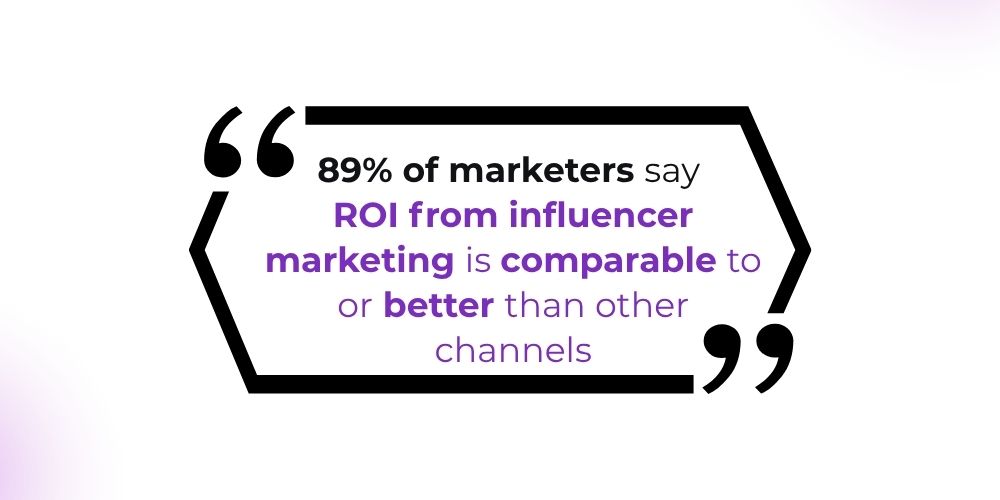
For example, a tech summit partnered with three micro-influencers and gained over 1,200 registrations in just 10 days.
Strategic partnerships are also powerful tools in event promotion strategies. Collaborate with brands or communities that align with your audience.
Cross-promote each other’s content or share space in email newsletters. You can even run joint campaigns like webinars or contests to boost visibility. These kinds of collaborations lighten the promotional workload and bring fresh content marketing ideas for events.
When combined with tactics like social media event marketing, SEO for event promotion, and paid media for event promotion, these partnerships can enhance your overall digital marketing for events and help you connect with the right audience.
Email Marketing Campaigns
Email marketing for events continues to be one of the most effective content marketing strategies for event success, offering high returns and precise targeting.
To start, build a segmented email list using lead magnets such as early access guides, special discounts, or sneak peeks. You can segment your audience into groups like early birds, returning attendees, and high-intent visitors for more personalized messaging.
Once your list is ready, focus on crafting emails that convert. Write catchy subject lines and personalize the content to make it feel relevant.
You can add countdown timers, spotlight speakers, or highlight limited-time offers to create urgency. Every email should have a clear and strong call-to-action like “Register Now” or “Save Your Spot.”
Unlike generic blasts, a well-designed email marketing campaign, as part of your larger event marketing plan, can significantly boost sign-ups and engagement.
The thing to remember is that, when planned right, it not only supports your digital marketing for events but also enhances your overall content marketing campaign. Keep testing and using analytics for event promotion to refine what works best.
Paid Media Campaigns for Maximum Reach
Paid media can be a powerful part of your content marketing strategies for event success, especially when organic efforts aren’t enough.
To increase visibility and engagement, it’s important to choose the right platforms for your campaign. Google Search Ads work well for capturing people who are actively looking for events like yours.
Social media ads help you reach specific groups based on interests, behaviors, or demographics. You can also use display ads to remind past visitors about your event.
For best results, build your content marketing campaign with a focus on conversion. Test different ad creatives, headlines, and calls-to-action to see what works best.
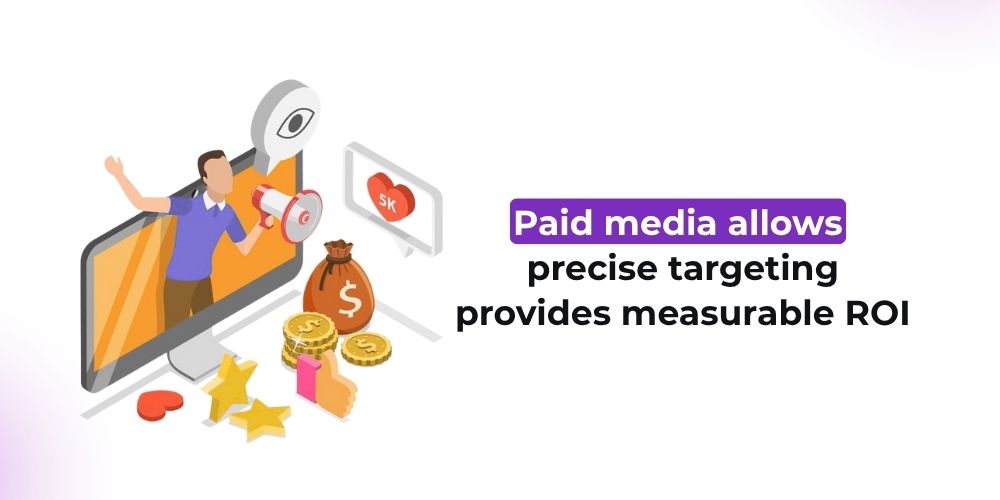
Messages that create urgency, like “Only a few seats left!”, can push people to act faster. Also, tailor your ads to target users based on their location, online behavior, or job title.
This kind of event promotion strategy works well when combined with other tactics like influencer marketing for events, email marketing for events, and SEO for event promotion.
Don’t forget to track results using analytics for event promotion, so you can improve your event marketing plan over time. A strong event content strategy blends paid media with smart targeting and creative messaging.
Tracking and Analyzing Performance
Tracking and analyzing performance is essential for refining content marketing strategies for events. By leveraging analytics, you ensure that your event marketing plan is data-driven and continually optimized for success. Key metrics to focus on include traffic, engagement, conversions, and ROI.
Traffic metrics help you assess if your blog and landing pages are attracting enough visitors, while engagement metrics show which content formats, like videos, reels, or blogs, are most effective.
Conversions indicate whether your content is leading to more registrations, and ROI compares your campaign spend to ticket sales or engagement lift.
To monitor these metrics, use tools like Google Analytics for full-funnel tracking and audience insights, UTM parameters to track which content is driving results, and social media dashboards to measure reach and engagement.
Email platforms also provide valuable data, such as open and click-through rates.
By focusing on what works and refining your approach, you can make the most out of your content marketing campaign. Repurpose high-performing content, eliminate low-ROI strategies, and learn from each campaign to improve your next one.
These strategies, including SEO for event promotion and influencer collaboration for events, ensure that your event promotion continues to evolve and engage your audience effectively.
Conclusion
Content marketing helps you share useful ideas, build real trust with your audience, and motivate people to take action. When done with care, it doesn’t just help promote your event, it makes the whole experience more meaningful.
Smart event marketers know that content is what connects interest to action. A quick teaser video can spark excitement. A blog post can answer questions and clear doubts. A well-written email can turn interest into sign-ups.
Even after the event is over, follow-up content like photos, highlights, or thank-you posts can keep the conversation going.
But more than anything, great content helps you connect with people. It brings your audience together, gives them a voice, and helps them feel part of something bigger.
Your event becomes more than just a one-day activity, it becomes a shared experience and even the start of a community.
So before your next event, think about this:
- What message are you sharing, and who really needs to hear it?
- Are you helping people get involved, or just asking them to watch?
- Does your content move them emotionally or guide them toward action?
Always remember: your event story starts long before the event day and keeps going long after it ends. With the right content plan, you can turn one event into a journey that your audience remembers and talks about.
In the end, it’s not just about what you say, but how you say it, when you say it, and who you say it to, that makes the real difference.

